Completing a standard 100 to 105-hour, 3-week course (Monday to Friday, 8:30 am – 5:00 pm) is just the beginning of your career as a driving instructor. While this foundational training equips you with the necessary tools to meet regulations and start teaching it is very short of being great.
The road to becoming a great instructor is a much longer and more challenging journey.
Unfortunately, there is little ongoing support or structured pathways to continue growing beyond this initial certification. Trainer associations, advanced certifications, or groups promoting higher education for instructors are few, leaving many to navigate their professional development alone. One available option is the Classroom Instructor Justice Institute of British Columbia Graduated License Program, which focuses on the government’s Graduated Licensing Program GLP for new drivers. This certification requires lesson planning and presentation skills over a 5-day course.
The Path to Greatness: What Sets Exceptional Instructors Apart?
- Surviving the First Year: The first year is a critical period for new instructors, with a high dropout rate often due to the fear of failure, which could mean a collision. Getting through this initial phase is a significant milestone in your journey to greatness.
- Learning Through Experience: Trial and error will be your greatest teacher. Observing the outcomes of road tests—both passes and failures—will provide you with invaluable insights. Over time, you’ll develop strategies to coach students more effectively, focusing not just on passing the test but on truly mastering safe driving. The best personal development would be to step into the classroom. These years of experience teaching is the MAIN TEACHER of BASIC to GREAT trainer, although just repeating years and years of teaching does not always guarantee that the trainer IS IMPROVING. Many do not.
- Understanding Examiner Training: Invest time in researching how examiners are trained and why they score the way they do is good. Understanding their perspective will help you better prepare your students and anticipate potential challenges during their tests. There are ways to grow this information but you need to dig to locate it. Most do not.
- Delving into Neuroscience: If you have an interest, explore neuroscience as it relates to learning and driving behaviour opens up great understanding to how we learn. These Insights from this field can revolutionize your teaching methods, helping you to address issues like anxiety, attention, and decision-making more effectively. imagine a driving instructor reading a neuroscience research paper.
- Mastering Teaching Techniques: Seek out advanced teaching techniques and coaching methods. While these resources might be hard to find, they can significantly enhance your effectiveness as an instructor. Most cannot find nor would willing to pay for the training.
- Finding a Mentor: Connecting with more senior, skilled trainers can provide you with guidance and inspiration. A mentor can offer practical advice, share their experiences, and help you navigate the complexities of the profession. This does not exist in this industry as far as I have experienced.
- Pursuing Continuous Professional Development: Ultimately, it’s up to each instructor to take charge of their professional development. The reality is that most do not pursue further learning, as it often has little impact on their income. However, those who are committed to becoming truly great understand that continuous learning is essential, not just for their growth but for the continued enjoyment, safety and success of their students.
In Summary:
Greatness in driving instruction comes much later—if ever. It requires surviving the initial hurdles, embracing lifelong learning, and seeking out opportunities to refine your skills. While the majority may settle for the basics, those who strive for greatness will always be looking for the next lesson, the next insight, an opportunity to improve. In the end, the journey to becoming a great instructor is as much about personal growth as it is about professional skills development.

Is The Game Of Driving Similar To Other Games?
Does knowing the rules of a game improve your performance?
Are there opposing teams in this game: ICBC examiners, law enforcement, flow of traffic driving?
Do you know what the real rule book looks like? Have you ever seen it?
Do you know the percentage of failure in this driving game?
And what is failure in this game? A close call? A collision? An injury? A fatality?
Vancouver British Columbia Canada Driving School
Quality Driver Training
Come Find These Answers Here
Before you learn the Hard Way!





Comments are closed